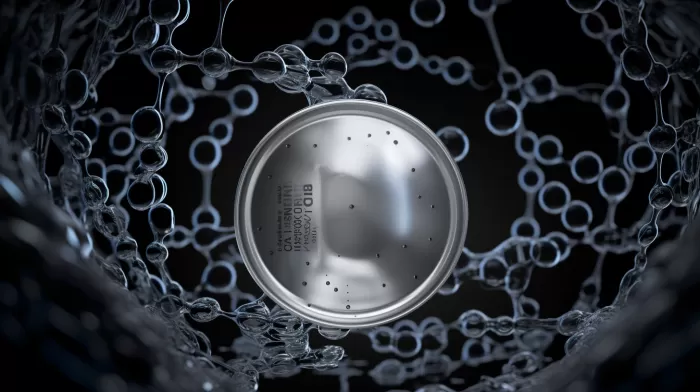Bisphenol A, commonly known as BPA, is a chemical that was previously used in the manufacturing of plastic bottles and continues to be found in aluminum cans. As research continues to discover the potential negative effects of BPA exposure, there’s growing concern for the safety of children who consume canned beverages.
BPA’s Alarming Link to Health Issues
Recent studies conducted by the New York University School of Medicine have found a connection between BPA and a higher risk of heart and kidney disease in children and adolescents. Laboratory tests revealed that even low levels of BPA might increase oxidative stress and inflammation, leading to protein leakage into the urine. This leakage serves as a biomarker for early renal impairment and an increased risk of developing coronary heart disease.
Although these cross-sectional studies cannot provide definitive proof that BPA directly contributes to heart disease or kidney dysfunction in children, the findings add to the already existing concerns regarding BPA exposure and negative health effects. Alongside previous research highlighting the link between BPA and obesity, these new findings further emphasize the need to limit BPA exposure – particularly for children. One of the best ways of doing this is by removing BPA from aluminum cans and replacing it with safer alternatives.
BPA Exposure in the Young Population
In the United States, exposure to BPA occurs early in life, with surveys showing that by the age of six, almost 92% of children have at least some trace of BPA in their urine. Several countries have recognized the potential dangers of BPA and implemented safety measures; the European Union and Canada have banned its use outright, and it is prohibited in the United States for use in baby bottles and sippy cups.
Despite these efforts to limit exposure, there remains an urgent need for manufacturers to reconsider the use of BPA in a broader range of products, such as aluminum cans – a common source of BPA exposure for children and adolescents.
Safer Alternatives to BPA in Aluminum Cans
The good news is there are various alternatives to BPA available for manufacturers to utilize in the lining of aluminum cans. One example is a lining made from oleoresin, a plant-based, food-grade material that poses no risk to health. Another alternative is a water-based, BPA-free lining called Tetra Pak, an environmentally friendly option that is becoming more popular with beverage manufacturers.
As consumers become more aware of the risks associated with BPA, many companies may also feel pressured to adopt these safer alternatives in order to maintain trust and credibility with their customers.
What Parents and Consumers Can Do to Minimize BPA Exposure
Here are some steps you can take to reduce your child’s exposure to BPA:
- Limit canned food and beverages: As much as possible, opt for fresh, frozen, or dried fruits and vegetables as well as food stored in glass, stainless steel, or BPA-free containers.
- Choose bottled water: If your child frequently consumes canned beverages, consider switching to bottled water – preferably in BPA-free plastic bottles.
- Be aware of BPA risk products: Learn which materials have a higher risk of containing BPA, such as plastics labeled “PC” (polycarbonate) or recycling symbol #7.
- Educate your child: Talk to your children about the potential dangers of BPA and the importance of making healthier choices, especially when it comes to food and beverages.
In conclusion, while more research is needed to fully understand the effects of BPA on human health, it is clear that limiting exposure – for both children and adults – is necessary. By making conscious choices in the products we consume and advocating for manufacturers to utilize safer alternatives in packaging, we can work together to reduce the risks associated with BPA exposure and promote a healthier future for everyone.



